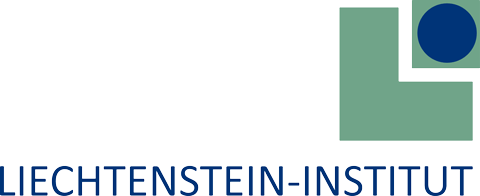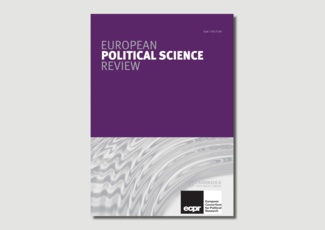Article by Philippe Rochat in the “European Political Science Review”
Municipal assemblies are a form of direct democracy that is practiced in around four out of five municipalities in Switzerland. Interested voters meet several times a year in physical assemblies to discuss and decide on upcoming issues such as the budget, tax rate, annual accounts, investments, spatial planning, construction projects, etc.
In reality, however, the average attendance at municipal meetings is rather low. So how should democratic assemblies be organized in order to motivate the largest and most diverse groups of citizens possible to participate? Kübler and Rochat explore this question in their article "Nonparticipation in democratic assemblies: factors, reasons, and suggestions".
To this end, a survey with an integrated experiment (conjoint analysis) in the canton of Glarus was evaluated. The results show, among other things, that it is primarily those aspects of an assembly that emphasize the communal nature of the assembly that increase the willingness to participate. Furthermore, it can be determined that both strongly consensus-oriented and highly conflictual assemblies are less attractive. Instead, those assemblies that combine controversy and consensus favor the willingness to participate. It follows that practitioners of participatory or deliberative democracy should engage in community building to promote participation and inclusion in democratic assemblies.









